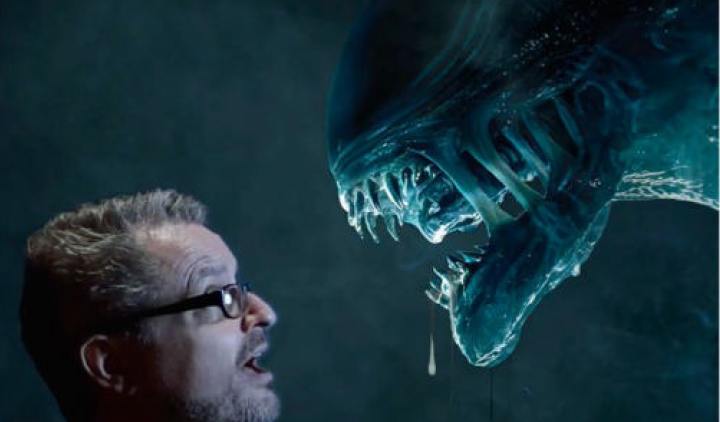You thought you knew the Alien universe, but the new prequel series, Alien: Earth, is here to shatter your expectations. Set before the events of the iconic 1979 film, this series brings the horror to our home planet in a way we’ve never seen before. It’s not just about the xenomorphs; it’s about corporate warfare, moral decay, and the very question of whether humanity deserves to survive. Here are five ways this series will change how you see the franchise forever.
Table of Contents
👽 1. It’s Not Just One Alien
The original film’s terror came from a single, perfect organism. Showrunner Noah Hawley is upping the ante by introducing five unique alien species collected on the spaceship Maginot. You can’t get comfortable because you don’t know how these new creatures reproduce, what they eat, or the parasitic horrors they unleash. This recreates the feeling of discovery and dread from the first movie.
🌍 2. The Horror Is on Our Doorstep
For the first time, we’ll see these creatures interacting within a terrestrial ecosystem. The story kicks off when a Weyland-Yutani ship crashes into a futuristic city, unleashing its deadly cargo on an unsuspecting populace.
🤖 3. Humans Are the Real Monsters
Hawley’s approach was to ask, “Take the creatures out of it, what’s the show?”. The answer is a gripping drama about warring corporations in a race for immortality. The series explores the moral horror of what humans do to each other, making you question if we are any better than the monsters we’re fighting.
⏳ 4. It Plays in the Timeline’s Gray Areas
How can xenomorphs be on Earth before the crew of the Nostromo discovers them? The series cleverly navigates this by playing in a “grey area,” suggesting the crew who first found the eggs had been out of contact with Earth for a long time. This allows for a massive story on Earth without breaking the established canon.
✨ 5. A New Kind of Hero
The series introduces Wendy, a character with the mind of an 11-year-old girl in a fully-formed synthetic body. Her journey is about finding her own identity while being told she is something different. This focus on a hybrid human-synthetic consciousness adds a new layer of transhumanist storytelling to the franchise, moving beyond the traditional survival horror.
Bibliography:
“Alien: Earth.” SFX, issue 394, Future plc, August 2025, pp. 24-33.
- South Park Episode Under Fire After Assassination of Charlie Kirk
- Tulsa King: Season 3 – Review New Season (Character Breakdown)
- Oni Press Announces Final ‘Rick And Morty’ Comic Series
- South Park – What is a Labubu?
- South Park Season 27 – What is Episode 4 About? “Butters and the Labubu Doll Tariff Reality”
- Everything You Need About Lanthimos’ Bugonia, Emma Stone’s Role & More
- South Park Co-Creator Mock Apology to President Trump
